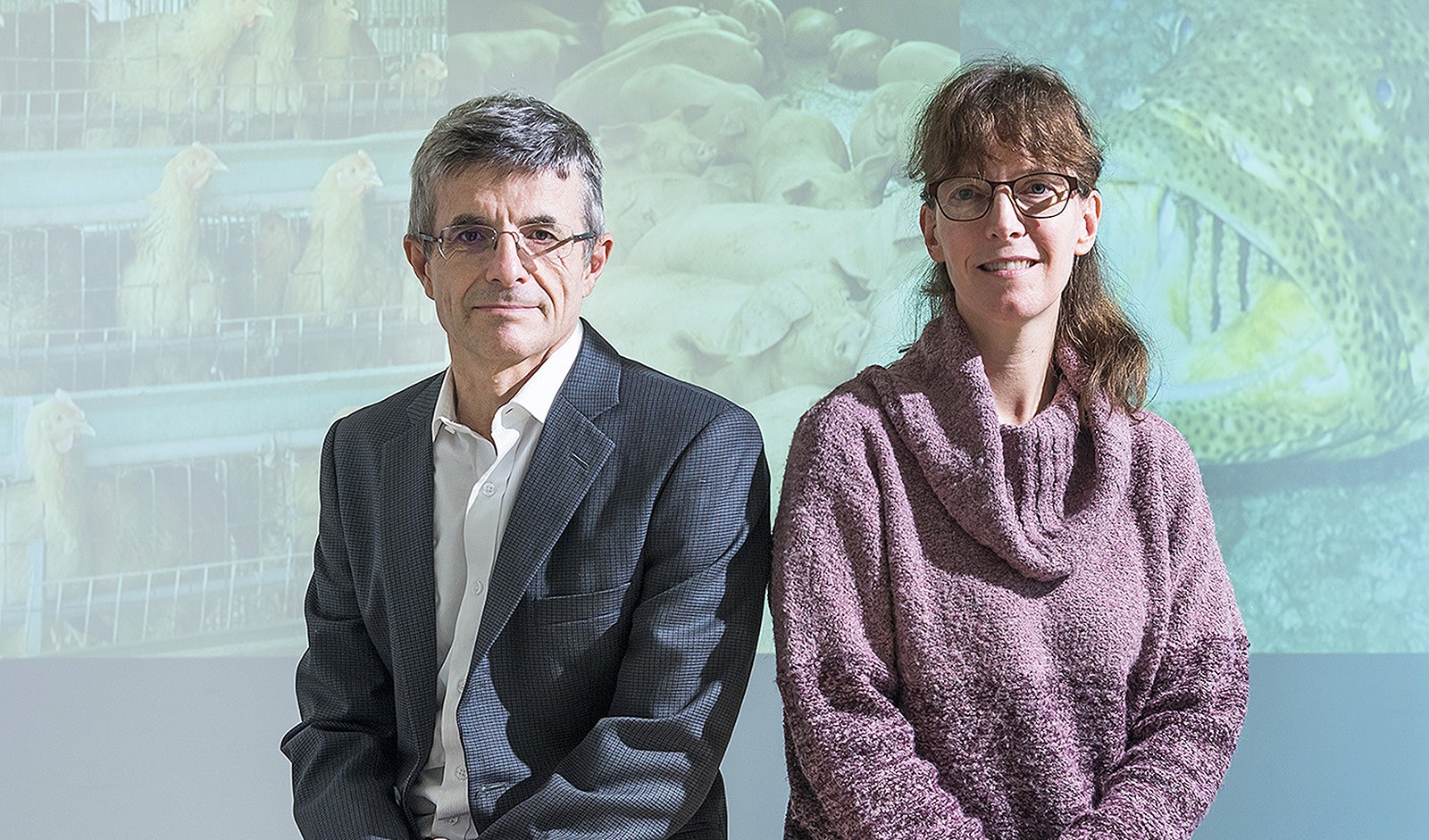
City University of Hong Kong’s Jockey Club College of Veterinary Medicine and Life Sciences (JCC) has been granted close to HK$35 million in funding by the Agriculture, Fisheries and Conservation Department (AFCD) for three research projects to enhance the sustainability, health and production of local pig farms, poultry farms and fisheries.
Professor Dirk Pfeiffer, Chow Tak Fung Chair Professor of One Health and Associate Dean (Research) of JCC, is leading two 2-year research projects – “Improving Pig Health and Production in Hong Kong” and “Improving Poultry Health and Production in Hong Kong.” Each project was granted HK$15 million by the Sustainable Agriculture Development Fund. A 2-year research project – “Improving Fish Health and Production in Hong Kong” – led by Professor Sophie St-Hilaire, Associate Head in the Department of Infectious Diseases and Public Health at CityU, secured HK$5 million from the Sustainable Fisheries Development Fund.
“The Hong Kong SAR Chief Executive indicated in her first Policy Address that the government would support the development of livestock and fish farms in Hong Kong, as well as the enhancement of food safety of local agricultural and fisheries products,” said Professor Pfeiffer. “We are supporting these aims through our research projects, which will combine veterinary service delivery to these industries with research to ensure animal health and food safety for Hong Kong citizens.”
JCC will employ dedicated veterinarians for both livestock projects, and work with 43 pig farmers and 28 poultry farmers in Hong Kong to help reduce production losses, thereby improving profitability, while reducing the risk of the spread of infectious diseases and the need for antimicrobials.
Hong Kong experienced the avian flu in 1997 and SARS in 2003, and is now exposed to the threat of the African swine fever epidemic, which is currently spreading across mainland China. While this infectious disease does not affect humans, it causes high mortality in pigs, resulting in higher pork prices. Professor Pfeiffer said that Hong Kong’s hot and humid climate represents a significant challenge for the health and well-being of local and imported pigs, and to a lesser extent poultry. Furthermore, there is a tendency to keep large numbers of pigs or poultry on farms, which increases the risk of the spread of infectious diseases. His team aims to facilitate the development of modern and sustainable pig and poultry production to enhance the overall competitiveness of local meat producing industry.
With limited access to veterinary services, pig and poultry farms may be using the wrong antibiotics or use the correct ones inappropriately, which may result in the antibiotics becoming ineffective for treating infectious diseases in animals. Professor Pfeiffer’s team will provide a tailored health and production management programme and free clinical veterinary services tailored to the particular needs of each farm. “Our goals are to improve farm productivity, animal welfare and food safety, and to prevent the emergence of zoonotic diseases,” he said.
Mr Chan Kin-yip, Chairman of the Federation of Hong Kong Agricultural Association said, “We used to rely on our own experience to cope with the health problems of our farm animals, as there was limited veterinary advice available. I am therefore encouraged and hope that we can benefit from these two research projects.”
The other project, “Improving Fish Health and Production in Hong Kong”, provides veterinary diagnosis and disease prevention services to 945 marine fish culture operators and 332 pond fish culture operators, and helps them tackle problems related to pathogens, parasites and harmful algal blooms (commonly referred to as red tide). This research project offers on-site veterinary services in support of the AFCD’s Health Inspection Programme, involving regular visits to fish farms and monitoring the occurrence of different fish diseases.
This research project also aims to train local veterinarians by offering fisheries internships for Bachelor of Veterinary Medicine students. “Through providing veterinary services and upgrading industry expertise, we are helping to enhance the sustainability of local aquaculture and make it a high value-added industry,” said Professor St-Hilaire.






